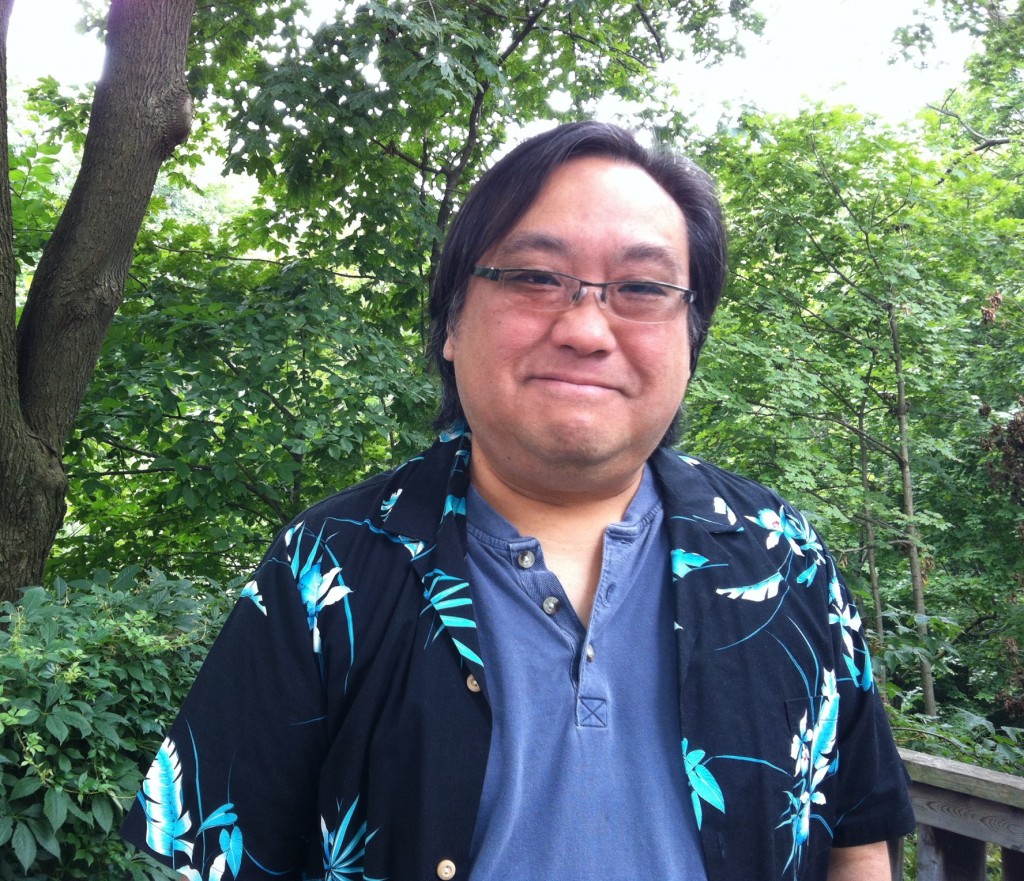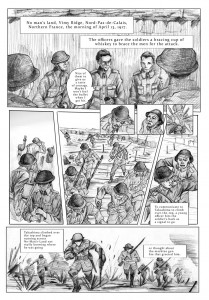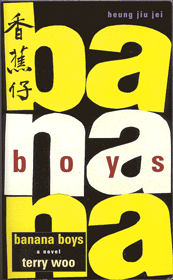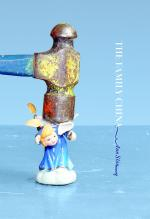 There are over 40 million overseas Chinese scattered abroad in every corner of the world and at least a million or more in Canada alone. With many regularly returning to China to visit their ancestral home and the recent relaxation of visa requirement with the Approved Destination Status agreement between China and Canada multiplying the number of Chinese citizens visiting Canada, this continuing trend has created a renewed curiosity of North American Chinese history and experiences.
There are over 40 million overseas Chinese scattered abroad in every corner of the world and at least a million or more in Canada alone. With many regularly returning to China to visit their ancestral home and the recent relaxation of visa requirement with the Approved Destination Status agreement between China and Canada multiplying the number of Chinese citizens visiting Canada, this continuing trend has created a renewed curiosity of North American Chinese history and experiences.
This interest has taken a bold step forward with the Chinese language translation and publication of the most celebrated and important works by award-winning Canadian-born Chinese writers. These translated works include Denise Chong’s Concubine’s Children, Judy Fong Bates’ at the Dragon Café, Wayson Choy’s Jade Peony, SKY Lee’s Disappearing Moon Café and Paul Yee’s Ghost Train and The Curses of Third Uncle. These popular works have been used as part of curriculum and teaching texts by a wide range of high school and university level educational institutions and considered canonized literature.
For the first time, the Chinese public in China can purchase and enjoy the unique and wonderful stories depicting the struggles and survival of generations of Canadian Chinese pioneers.
Denise Chong’s Concubine’s Children, published by Chongqing Publishing House has been in circulation since the beginning of January and has already garnered much praise and attention from popular book club for readers sites such as douban.com.
The remaining four Chinese Canadian writers are published by Nankai University Press. Based in Tianjin, China, Nankai University is the alma mater of former Chinese Premier and key historical figure Zhou Enlai and is regarded as one of the top class universities in China.
From the Canadian Embassy in China is sponsoring a four city book tour to promote these newly translated works by Canadian-born Chinese writers. The tour will begin in Guangzhou and will travel to Shanghai, Tianjin and Beijing.
Three of the five translated writers, Denise Chong, SKY Lee and Judy Fong Bates will be featured authors and will be giving readings and answering question about their works to the public. They are accompanied by poet, Jim Wong-Chu, a founder of the Asian Canadian Writers’ Workshop.
SKY Lee says, “I am so excited that Chinese readers in China shall be exposed to our unique Chinese Canadian history. It’s a very rich heritage that can only be told by storytellers who were the direct descendants of a very old and proud community of overseas Chinese. Our original stories give immense emotional depth to the lone sojourner struggling to survive in the wilderness of the Gold Mountains.”
Three among the five writers, Wayson Choy, SKY Lee and Paul Yee are currently embroiled in a legal dispute with book publisher, Penguin Canada Books Inc. with allegations of plagiarism over its publication of Zhang Ling’s Gold Mountain Blues.
Toronto-based legal firm, Fasken Martineau’s May M. Cheng, the lawyer for the plaintiffs, claims that the case is making its way through the court system and no resolution is anticipated until 2015. She states that contrary to rumours, the Chinese Canadian writers are resolute in seeking a fair and just settlement to their case.
 C.X.Cheng is one of the fresh new voices in Asian Canadian literary world. Born and raised in Vancouver British Columbia, C.X. Cheng has had an interest and flair in writing and storytelling, but it wasn’t until recently with the determination to make something of himself that he created his first book, Wolf Coven: Blood Moon.
C.X.Cheng is one of the fresh new voices in Asian Canadian literary world. Born and raised in Vancouver British Columbia, C.X. Cheng has had an interest and flair in writing and storytelling, but it wasn’t until recently with the determination to make something of himself that he created his first book, Wolf Coven: Blood Moon.

























